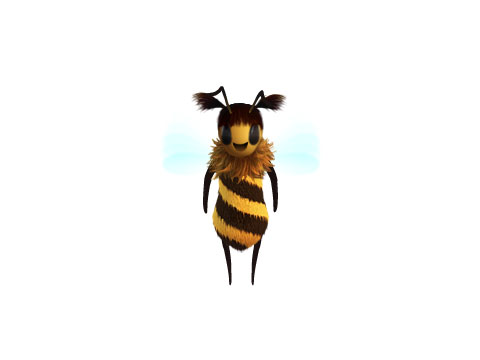Wednesday, July 02, 2008
Shame and so on
Mark and I were talking about shame and badgirldom (badgirlness? being a bad girl? writing bad girl poems?) last night, prompted, yes, by Silliman's post and the footnote in his post:
"Schneeman was never a “bad girl” that I can tell since she has always lacked the one thing that binds all the bad ones together – a sense of shame, some concept of all this being somehow dirty. Hers truly is a sex-positive position, with no sense of what Sianne Ngai calls Ugly Feelings. It’s interesting to contrast how Acker relies on this framework of social (and self-) condemnation whereas a later writer, such as Dodie Bellamy, is far more playful with these borders, able to evoke & examine but not be ruled by them."
Being a "bad girl" does require that there are very real social and cultural forces at work that 1) try to prevent you from asserting your subjectivity in the way that you want and 2) condemn subjectivities that they don't approve of but which are asserted anyway. You can't be a bad girl unless someone with more power than you points at you and says that you are bad.
If no one is there to tell you that you've done something wrong, then there's really no point in being a bad girl. This is one of the reasons why I like reading Acker and Mina Loy but could never get into Sex and the City--it was boring. I'm not that interested in free-spirited wildness and sex in the interest of finding The One and having a great career and looking professionally cute and stylish.
I'm not sure how to connect this all to bad girls in writing, or bad girl writing, or bad girl personas in writing.
Abjection and negativity must be a part of this, too.
Shame is one of those cultural narratives--whatever form we make it in--that we all rely on to make sense of abjection.
Abjection and negativity (which I love love love) are pretty standard avant-garde fare, no?
It's probably the "girl" part of the "bad girl" that interests me most. At least in terms of the term.
"Schneeman was never a “bad girl” that I can tell since she has always lacked the one thing that binds all the bad ones together – a sense of shame, some concept of all this being somehow dirty. Hers truly is a sex-positive position, with no sense of what Sianne Ngai calls Ugly Feelings. It’s interesting to contrast how Acker relies on this framework of social (and self-) condemnation whereas a later writer, such as Dodie Bellamy, is far more playful with these borders, able to evoke & examine but not be ruled by them."
Being a "bad girl" does require that there are very real social and cultural forces at work that 1) try to prevent you from asserting your subjectivity in the way that you want and 2) condemn subjectivities that they don't approve of but which are asserted anyway. You can't be a bad girl unless someone with more power than you points at you and says that you are bad.
If no one is there to tell you that you've done something wrong, then there's really no point in being a bad girl. This is one of the reasons why I like reading Acker and Mina Loy but could never get into Sex and the City--it was boring. I'm not that interested in free-spirited wildness and sex in the interest of finding The One and having a great career and looking professionally cute and stylish.
I'm not sure how to connect this all to bad girls in writing, or bad girl writing, or bad girl personas in writing.
Abjection and negativity must be a part of this, too.
Shame is one of those cultural narratives--whatever form we make it in--that we all rely on to make sense of abjection.
Abjection and negativity (which I love love love) are pretty standard avant-garde fare, no?
It's probably the "girl" part of the "bad girl" that interests me most. At least in terms of the term.
Subscribe to:
Post Comments (Atom)








No comments:
Post a Comment